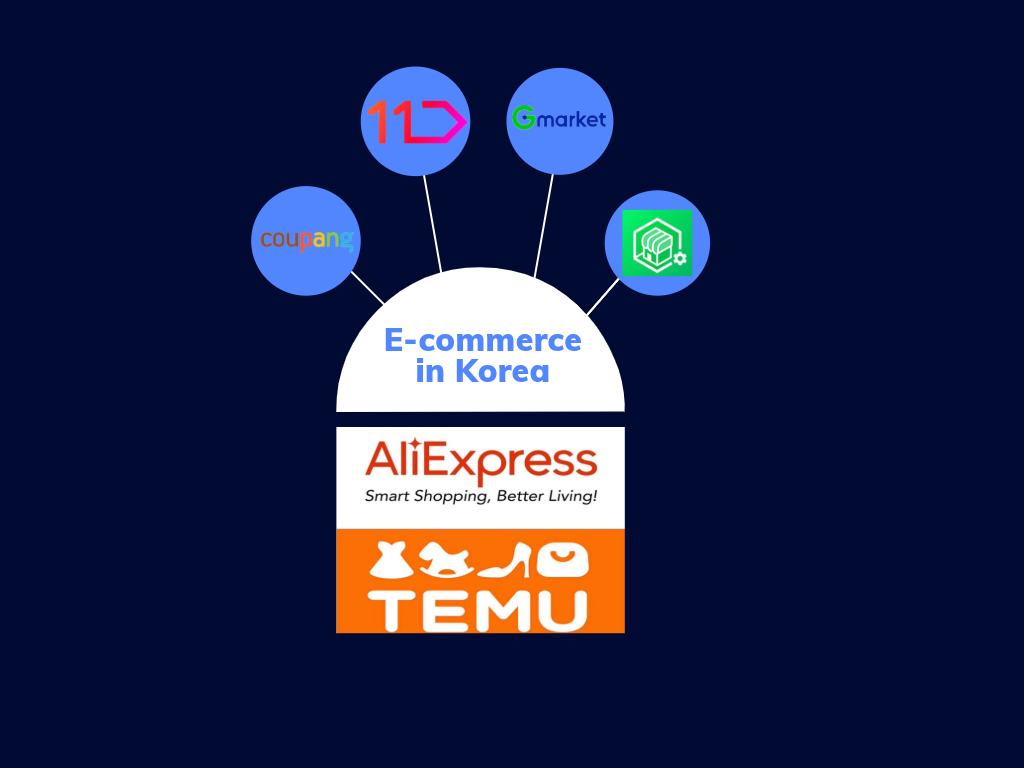
Many wondered when AliExpress released a large-scale investment plan in March last year, including the use of actor Ma Dong-seok as a promotional model to officially enter the Korean market. This is because Korean consumers strongly reject Chinese apps, and Coupang and Naver are already dominating the Korean e-commerce market. However, it did not take long to dispel such suspicions. The two companies ranked first and second in the app rankings last year with the biggest increase in users, and as of the end of December, their monthly active users (MAU) rose to second after Coupang, which instantly recorded more than 10 million users with 7.13 million users of AliExpress and 4.53 million Temu. Meanwhile, husbands who used to nag their wives who buy products from Coupang every day until recently have been reported to be nagging them frequently while purchasing products from AliExpress or Temu. The number of people falling into the so-called “Hello Counselor” and “Temu hell,” which are hard to get out of once they enter, is rapidly eroding Chinese companies. Temu and AliExpress are world-class conglomerates. As of Jan. 15, 2024, Pinduoduo, which runs Nasdaq-listed Temu, has a market capitalization of approximately $21 billion, while the Hong Kong-listed Alibaba Group is $22 billion. Pinduoduo’s second largest shareholder is Tencent (about $40 billion in market capitalization), while Alibaba and Tencent compete in the global e-commerce market. For reference, Coupang, which is listed on the New York Stock Exchange, has a market capitalization of $28.6 billion and a market capitalization of $150 million on the KOSPI at E-Mart. The biggest reason consumers are crazy about AliExpress and Temu is its “price competitiveness.” Accessing the AliExpress and Temu apps, similar items sold on Coupang and Naver’s smart stores are often priced at at least half to a fifth. You can even buy the same product for half the price. It is pouring huge amounts of money into subsidies and logistics with its enormous funding power, and is engaged in an ultra-cheap strategy against the global market.

The momentum of the U.S. market is even more amazing. Temu is the most downloaded app in the U.S. in 2023, overtaking Instagram and YouTube. Additionally, on e-commerce platforms, U.S. consumers spend an average of 10 minutes a day on Amazon, while 18 minutes on Temu are on top, especially younger users. AliExpress is in second place with 11 minutes. It’s ironic that at the height of the U.S.-China conflict, Chinese e-commerce platforms are poised to gain sensational popularity in the U.S. market. They’re growing fast, as their parent and major shareholders are global big tech companies.
SALLY LEE
US ASIA JOURNAL



